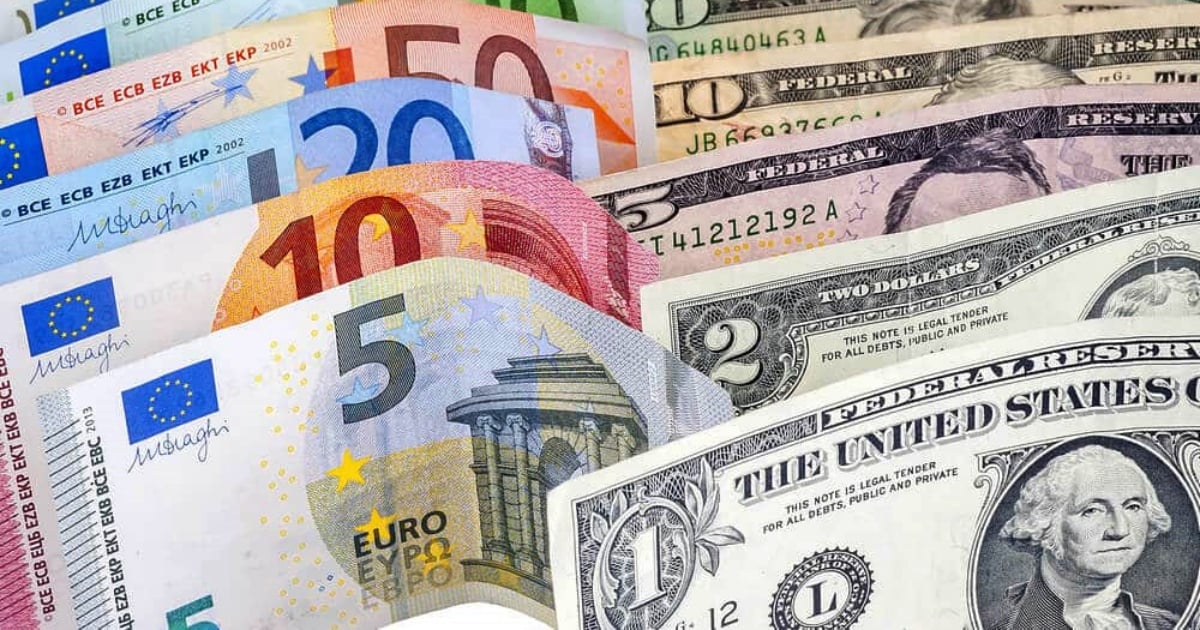
The prestigious academic journal Applied Economics, known for validating innovative contributions and practical applications in economics worldwide, endorsed the methodology used by the platform elTOQUE to calculate the exchange rate in Cuba's informal currency market.
This recognition underscores the significant importance of the platform's work, which is continually besieged by the Cuban regime that seeks to discredit its algorithms and analyses, claiming that they are speculative and do not reflect reality.
The article "Using AI in the Informal Currency Market: Evidence from Cuba" was published in October 2024 and describes the innovative application of artificial intelligence and natural language processing techniques to calculate the Informal Market Representative Rate (TRMI), reported elTOQUE on its website.
According to the platform, the article outlines the procedure they use to "extract unstructured data from social media and classified sites, where users post their currency buy and sell offers."
In addition, it was specified that the authors of the study, Pavel Vidal, Carlos Enrique Muñiz Cuza, and Abraham Calas Torres, are academics and professionals associated with Javeriana University Cali, Aalborg University, and elTOQUE, respectively.
The system employs natural language processing (NLP) tools, such as FreeLing, to analyze messages syntactically and semantically, identifying keywords, classifying buying or selling intentions, and determining the currency and price involved. Subsequently, the rate is calculated using the median of the values published over a 24-hour period, after filtering out extreme values.
Economist Pavel Vidal noted that the methodology has an innovative and unique approach "in tackling the challenge of extracting unstructured data from social media and classified ad sites, in contrast to other initiatives that rely on more organized information."
Before being approved, the article underwent a rigorous peer review process using a double-blind system, a standard practice in scientific journals that ensures the impartiality and quality of the work.
Its publication, therefore, represents a strong support against those who question the platform's objectivity.
"Three experts evaluated the article positively. One of them suggested including a spillover analysis, which involves studying how the movements of one currency can influence others in the informal market, providing a more comprehensive view of the interactions," noted elTOQUE.
Additionally, they mentioned that another reviewer recommended expanding the robustness tests in the econometric models, a technique that checks whether the results remain consistent under different assumptions or scenarios.
In this way, the prestigious magazine acknowledged that the statistical and econometric calculation is consistent from an economic and financial perspective.
"Its validation comes at a time when the Cuban government has tried to blame the independent media outlet elTOQUE for the depreciation of the Cuban peso and even for the existing inflation. Official media have questioned the reliability of TRMI’s data, arguing that it is based on intentions for buying and selling that cannot be verified," they pointed out.
The publication in Applied Economics not only refutes the government's hypothesis regarding a supposed influence of elTOQUE on the evolution of the parallel exchange rate but also provides significant international support for the relevance and accuracy of its data in understanding the dynamics of the informal currency market in Cuba.
In May, the independent portal elTOQUE published an editorial in which it defended itself against accusations from the Cuban government, which blames it for the current devaluation of the national currency.
Weeks earlier, the regime intensified a campaign in its media outlets and on the social media accounts of its supporters, aimed at discrediting the platform that daily reports the fluctuations in currency prices in the informal market.
However, elTOQUE deemed it nothing more than an attempt by the Communist Party to turn the web into "another scapegoat to justify their failure," instead of acknowledging their responsibility in the crisis that is sinking the country.
In response, the platform announced that they have strengthened controls to calculate the representative rate, due to growing suspicions of attempts to inflate or deflate values with false announcements.
ElToque referred to a campaign involving "government actors associated with State Security and propagandistic spokespersons of the Communist Party" who have been attempting to discredit this media outlet and the methodology they use to calculate the rate since April.
What do you think?
COMMENTFiled under: